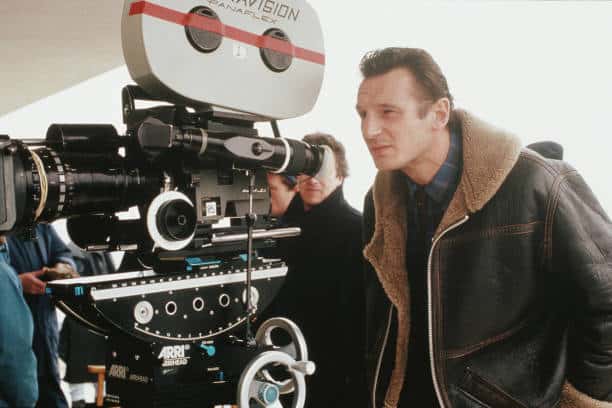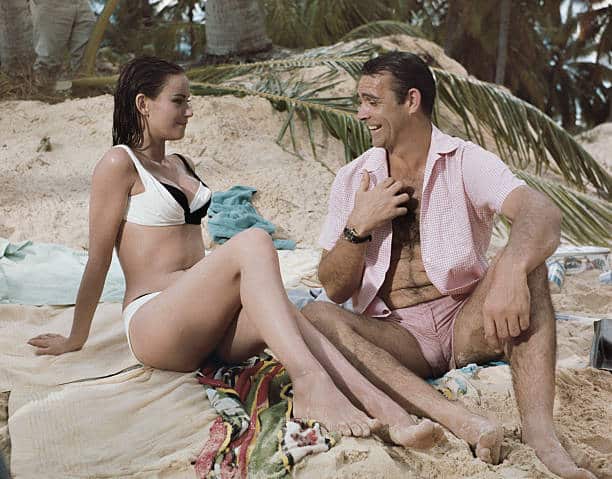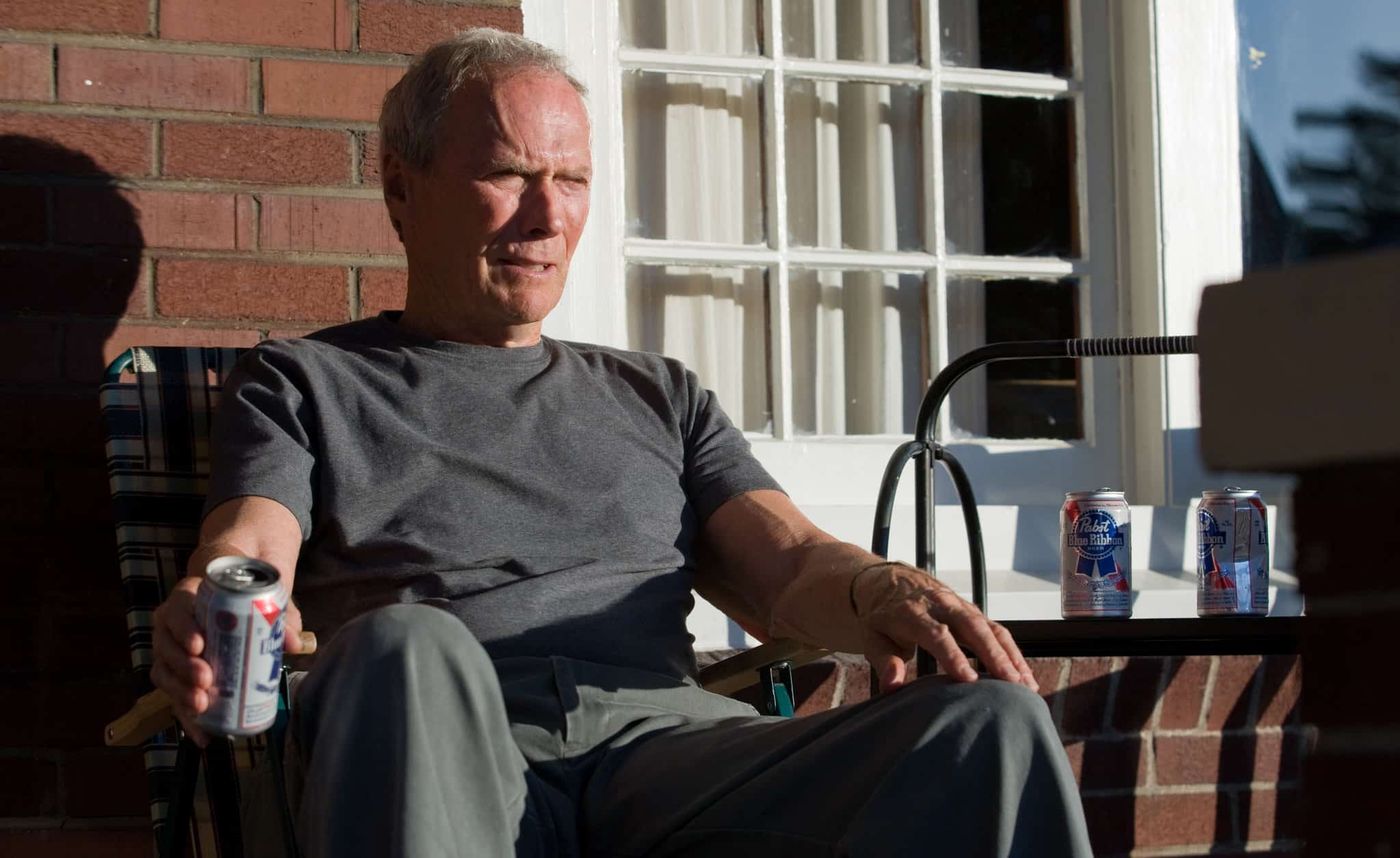Liam Neeson’s cinematic journey has spanned almost five decades, during which he’s portrayed characters as diverse as a Jedi Master, a member of the Nazi party for a morally complex role, a charming widower, and, most famously, a relentless father in the Taken series—a role that unexpectedly transformed him into an action icon in his mid-fifties. This reinvention turned Neeson, known primarily for dramatic roles, into a household name synonymous with high-stakes action and gritty resolve.
Now, at 72, Neeson is contemplating retirement from action films, remarking that “it has to stop at some stage.” As age advances, the once seemingly indestructible action hero wonders if he can still convincingly deliver the intense scenes that audiences have come to love. For fans, the news might signal the end of an era.
Over the years, Liam Neeson has built a reputation as a versatile and deeply respected actor. His breakout role came in the early 1990s when he played Oskar Schindler in Schindler’s List, a film that earned him international acclaim and solidified his place among Hollywood’s finest. The performance not only brought him critical recognition but also opened the door to numerous award nominations, setting the stage for a career that would defy easy categorization.
Throughout the following decade, Neeson showcased his range by diving into various roles—from romantic leads to iconic characters like Jedi Master Qui-Gon Jinn in the Star Wars prequel trilogy, a part in one of cinema’s biggest franchises. But his career took an unexpected turn in 2008 with Taken, where he portrayed Bryan Mills, a retired CIA operative determined to save his kidnapped daughter. The role, featuring the unforgettable line “I will find you, and I will kill you,” became an instant classic. It struck a chord with audiences worldwide and catapulted Neeson into the realm of action, marking a new chapter in his career at a time when most actors might be winding down.
This foray into action films at age 56 came as a surprise to many who knew him for his dramatic roles. However, Taken proved that Neeson had the grit and gravitas needed to captivate action fans, and his portrayal of Bryan Mills was widely praised. The film’s success not only made him a viable action star in his late fifties but also led to two sequels and a series of similar roles that showcased his tough, relentless on-screen presence.
Neeson himself acknowledges the unique appeal that his performance seemed to tap into. He noted in a recent interview that Taken had “touched something in the psychic nerve of moviegoing audiences.” The role’s intensity, coupled with Neeson’s no-nonsense delivery, made Mills an iconic character. The franchise’s massive success marked Neeson’s status as a top action star, allowing him to take on similar roles in films that demanded physical prowess and the portrayal of complex, often tortured characters.
Hans Petter Moland, who directed Neeson in Cold Pursuit (2019) and the upcoming film Thug, describes the actor’s deep commitment to his roles. “When he’s immersed in the character, you see the hurt, you see the pain,” Moland shares. “He becomes that man.” This ability to embody his characters so convincingly has helped Neeson maintain a strong connection with audiences even as he’s aged.
Despite his ongoing success, Neeson has indicated that his age is beginning to limit his ability to perform demanding action scenes. Known for his hands-on approach to stunts, Neeson has always preferred to do as much of his own action work as possible, often collaborating with his longtime stunt coordinator and double, Mark Vanselow. Their partnership, which began with Taken, has become a defining part of Neeson’s late-career action roles. Vanselow designs intense fight sequences tailored to Neeson’s abilities, ensuring that the actor can perform as much of the action as possible without compromising safety. However, Neeson admits, “You can’t fool audiences. I don’t want Mark to be fighting my fight scenes for me.” This honesty about his limits reflects his respect for both the art of film and the intelligence of his fans.
When pressed about his retirement timeline, Neeson hints that he may be ready to step back from action films in the near future, possibly by the end of next year. This revelation is bittersweet for fans who have come to see Neeson as an enduring figure in action cinema. However, the actor doesn’t appear to be entirely stepping away from the screen. He’s now exploring a new direction, taking on roles in comedy, a genre he’s rarely ventured into.
Recently, Neeson completed filming The Naked Gun, a reboot of the 1988 crime spoof comedy originally starring the late Leslie Nielsen as the hilariously inept cop Frank Drebin. In the 2025 release, Neeson takes on the role of Drebin, partnering with Baywatch star Pamela Anderson. “I’m madly in love with her,” he says of Anderson, adding, “I can’t compliment her enough. She’s funny.” Though Neeson himself is uncertain about his comedic abilities, Anderson assures fans that his humility doesn’t reflect his talent. “It was hard to keep a straight face in scenes together,” she shares, hinting at a lively chemistry between the two on set.
Neeson’s move into comedy represents yet another reinvention in a career that has already seen many transformations. While it may seem like an unusual choice for someone known for intense dramatic and action roles, it’s also a testament to Neeson’s desire to continue challenging himself and keeping his work fresh. Trying his hand at comedy could open new doors and help him connect with audiences in a different way, allowing fans to see a lighter side of him.
As he approaches what could be his final year in action films, Neeson’s legacy as a cinematic chameleon who has skillfully navigated roles across genres is undeniable. From his early days as a respected dramatic actor to his unexpected rise as an action hero and now a budding comedy star, Neeson’s career has been one of resilience, reinvention, and an unwavering commitment to his craft. Even if he ultimately steps away from the action genre, fans will surely continue to follow his journey, eager to see what he brings to the screen next.
PROC. BY MOVIES


 Entertainment1 year ago
Entertainment1 year ago
 Entertainment1 year ago
Entertainment1 year ago
 Entertainment1 year ago
Entertainment1 year ago
 Entertainment1 year ago
Entertainment1 year ago
 Entertainment1 year ago
Entertainment1 year ago
 Entertainment1 year ago
Entertainment1 year ago
 Entertainment1 year ago
Entertainment1 year ago
 Entertainment1 year ago
Entertainment1 year ago





